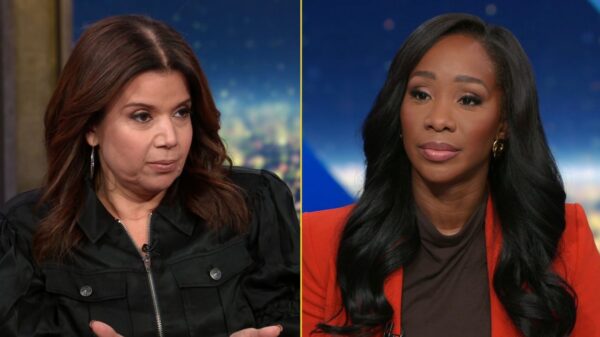A woman has turned to social media for support after her cousin dismissed her concerns regarding a “horrific” baby name choice. The name in question is an unconventional spelling of the common name Phoebe, which the cousin insists on spelling as Feabe for her unborn daughter. The woman expressed her fears that the unique spelling could lead to bullying once the child reaches school age.
Posting in the Reddit community known as Tragedeigh, which focuses on names that are intentionally misspelled or created to appear more unique, she shared her unsuccessful attempts to persuade her cousin to reconsider. She stated, “I’ve tried to convince her that people won’t understand how to say it, and the traditional spelling looks a lot prettier.” Despite her efforts, the cousin remains firm in her decision, arguing that alternatives like Lia and Lea do not present the same issues.
As the due date approaches, the woman’s anxiety about the potential impact of the name on the child’s future has intensified. She elaborated, “I’m struggling here on trying to find ways to convince her to change it.” She even referenced a children’s television show, Phineas and Ferb, hoping to highlight possible teasing the child might endure. The cousin, however, brushed off her concerns, stating her fondness for the show during her childhood.
The woman also noted that the baby’s middle name would be spelled Feiey, drawing further criticism from commentators. One user highlighted the potential for the name Feabe to be mispronounced as “Feeb,” while others warned that schoolchildren could twist it into derogatory nicknames. One commenter remarked, “Any elementary teacher will tell you that Phoebe spelled as Feabe is going to get teased as Flea be.”
The potential consequences of the name choice extend beyond mere ridicule. Another individual pointed out that the spelling obscures the name’s Greek meaning of “bright” or “shining,” which is often associated with the deity Apollo in mythology. This connection, along with references to significant characters named Phoebe in various cultural contexts, could be lost due to the unconventional spelling.
As concerns about the child’s future mount, the woman remains hopeful for a resolution. She cherishes her close relationship with her cousin and seeks any advice that might help change her mind before the baby arrives. The situation underscores the broader debate on modern naming conventions, particularly the impact of unique spellings on children’s experiences in social settings.








































































